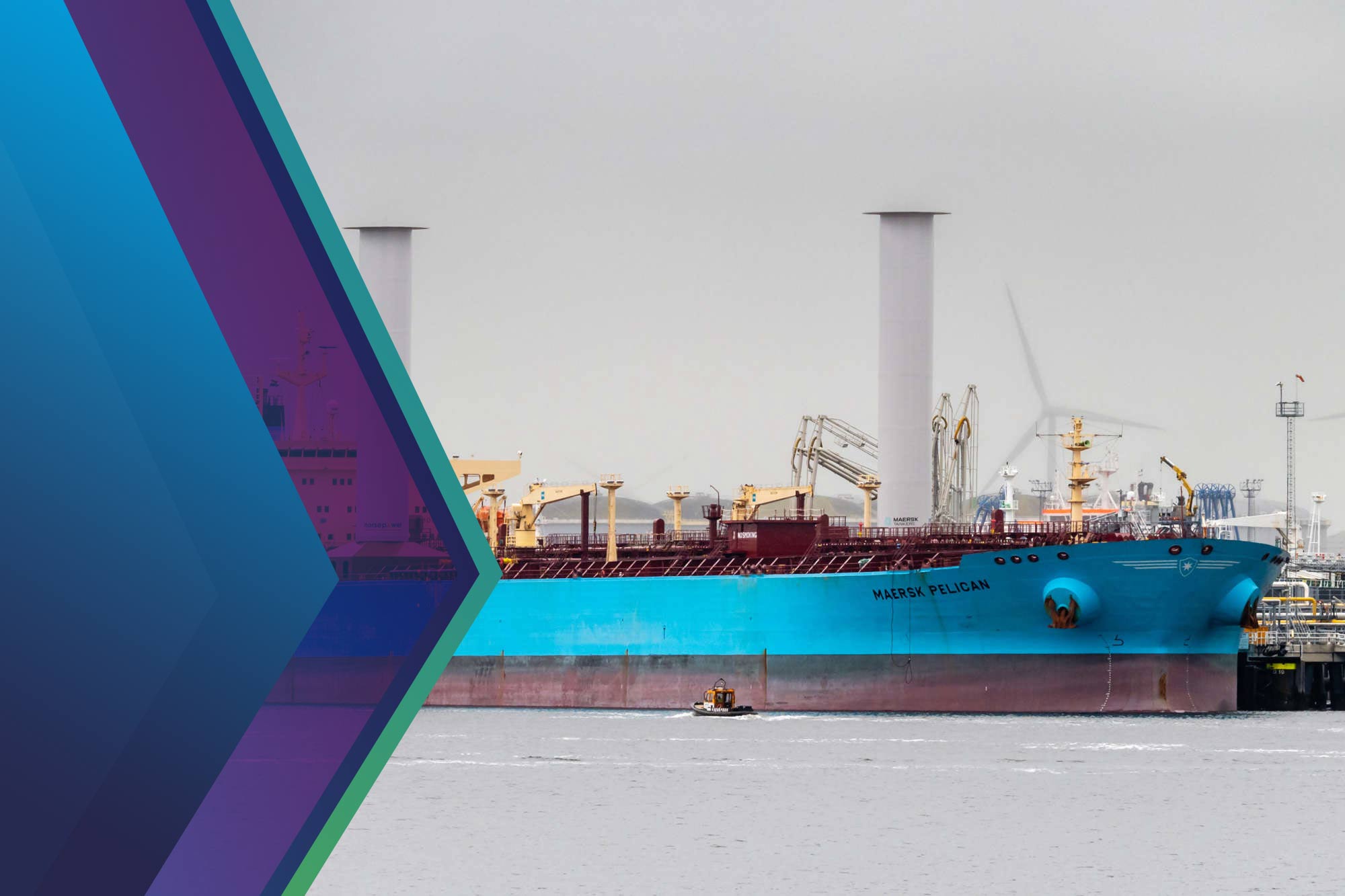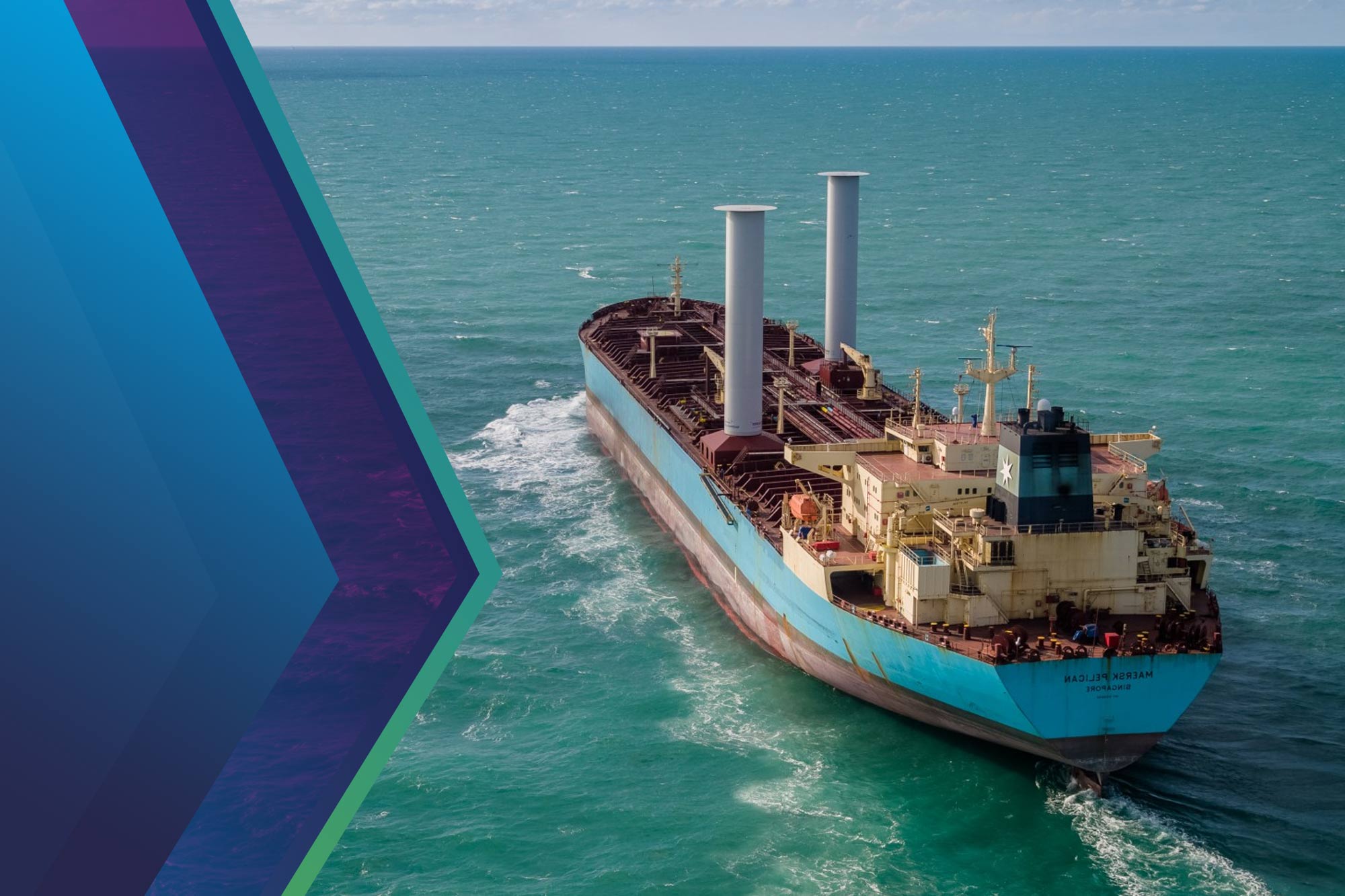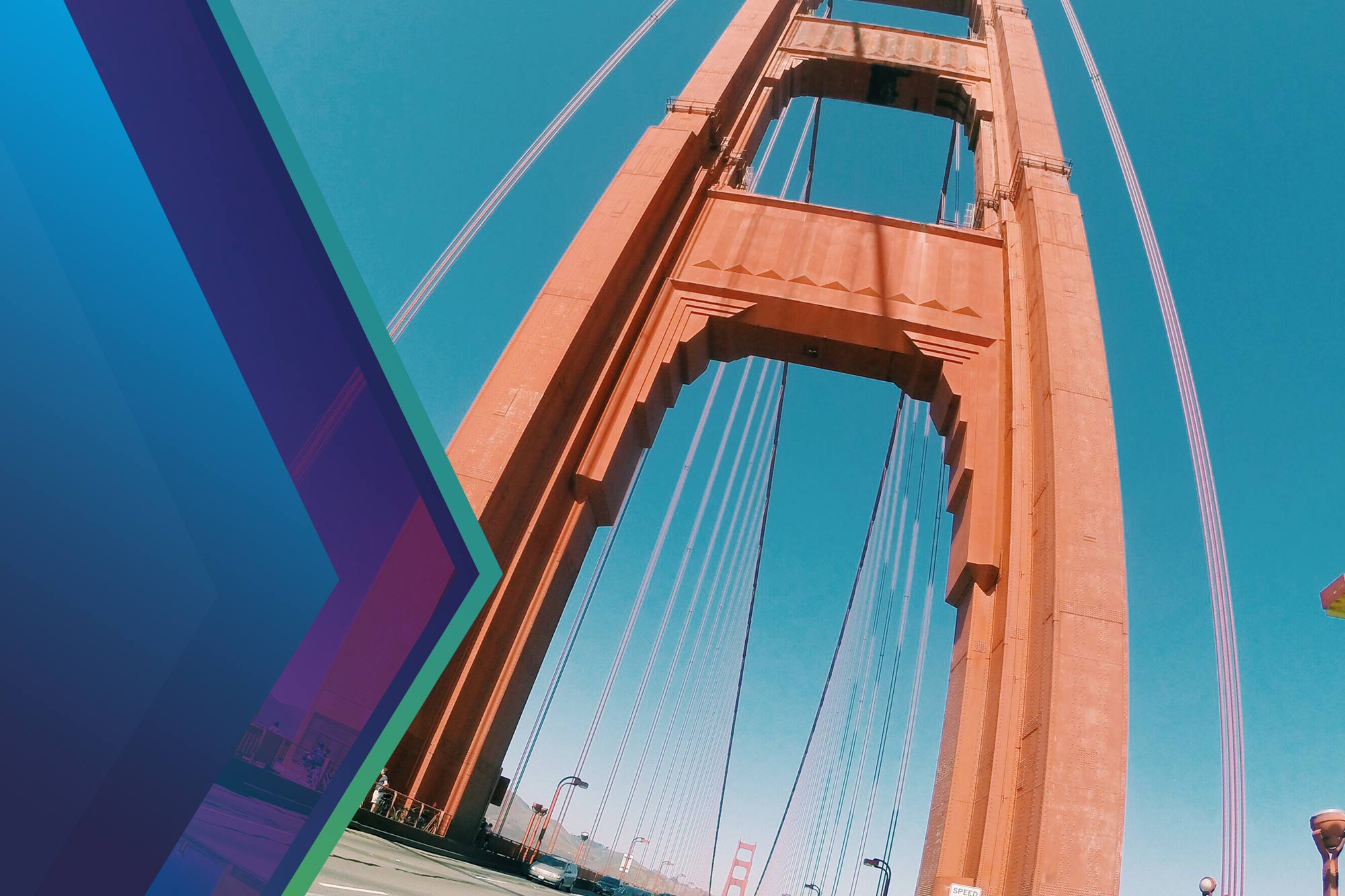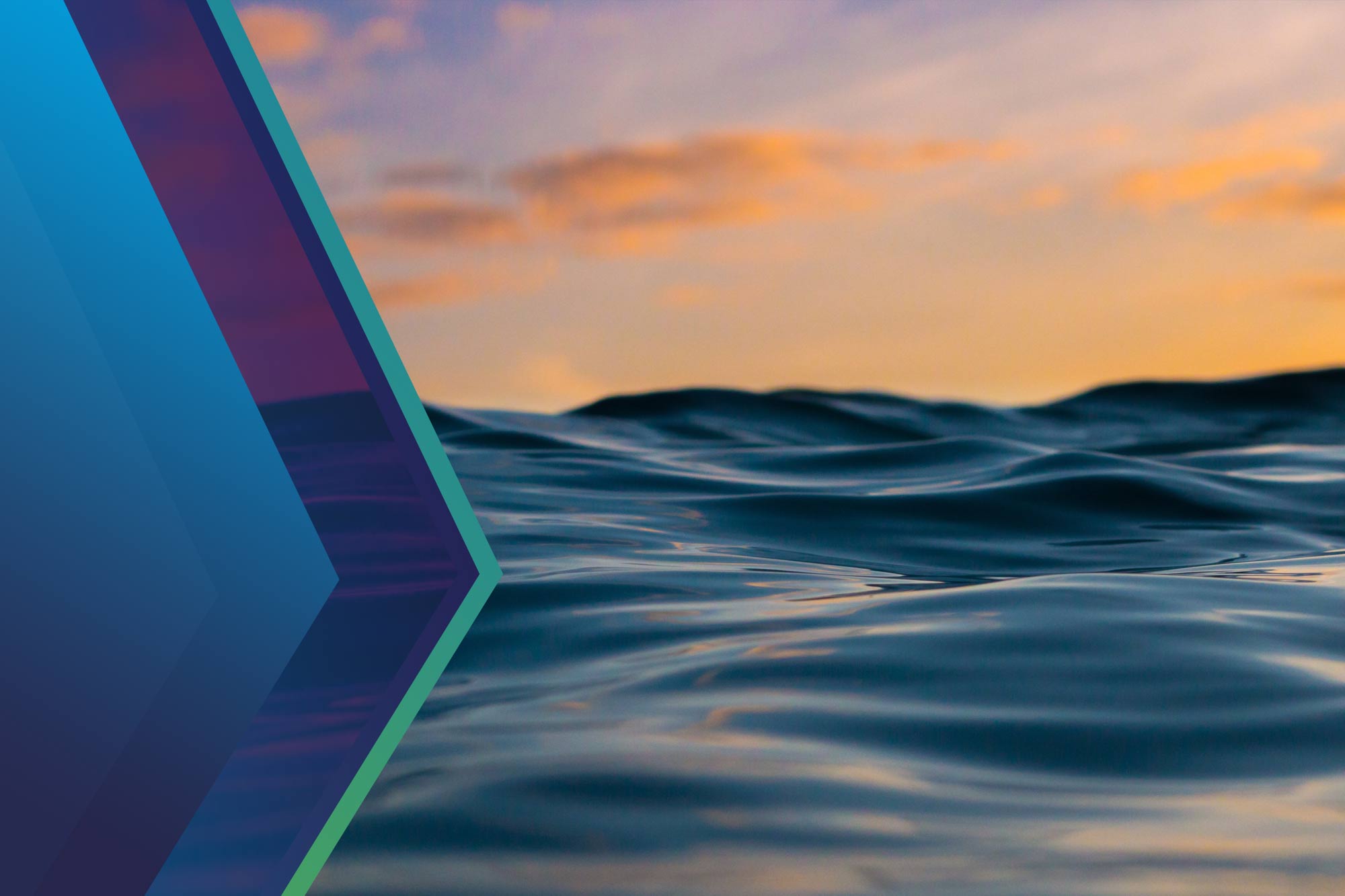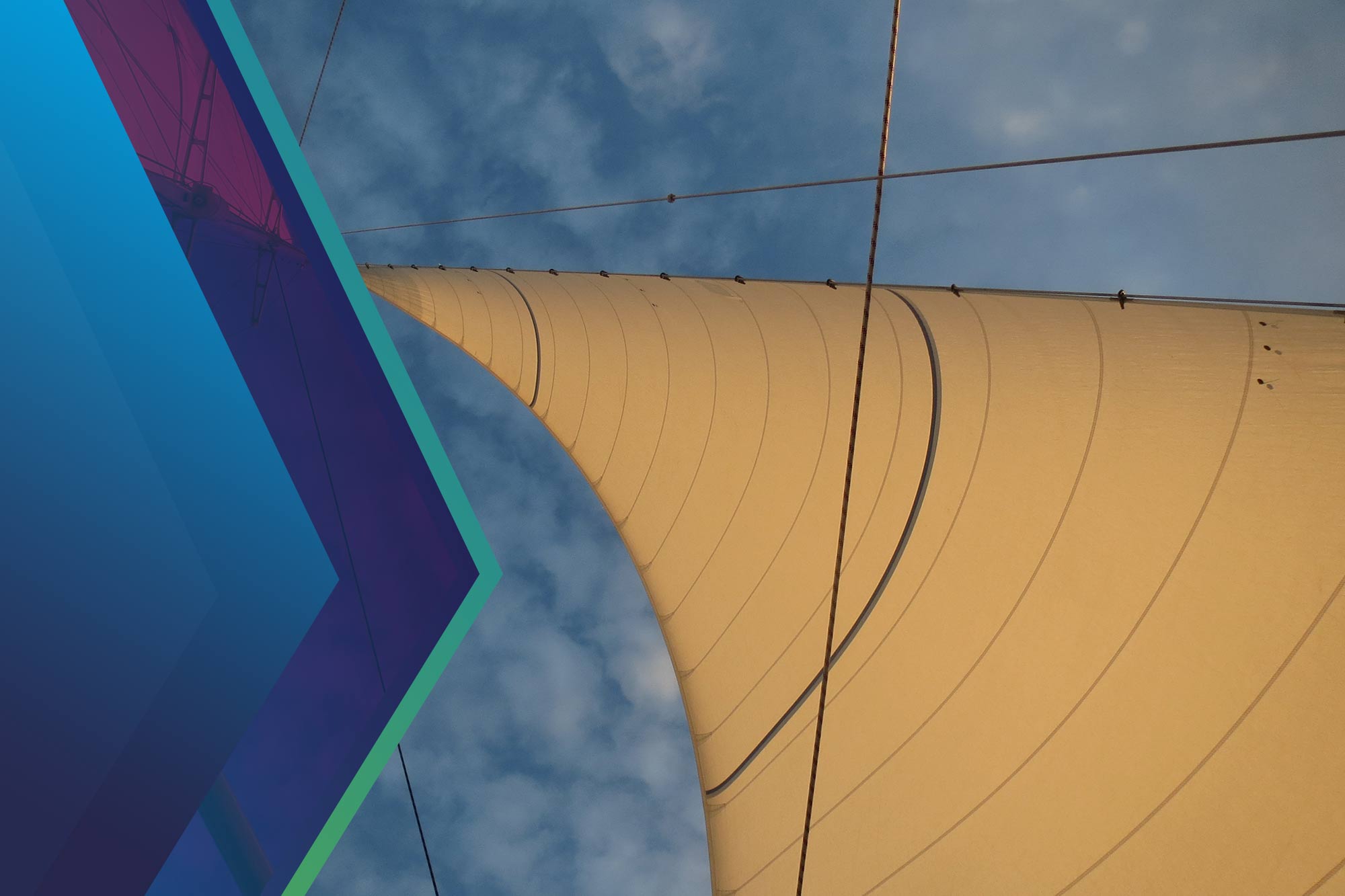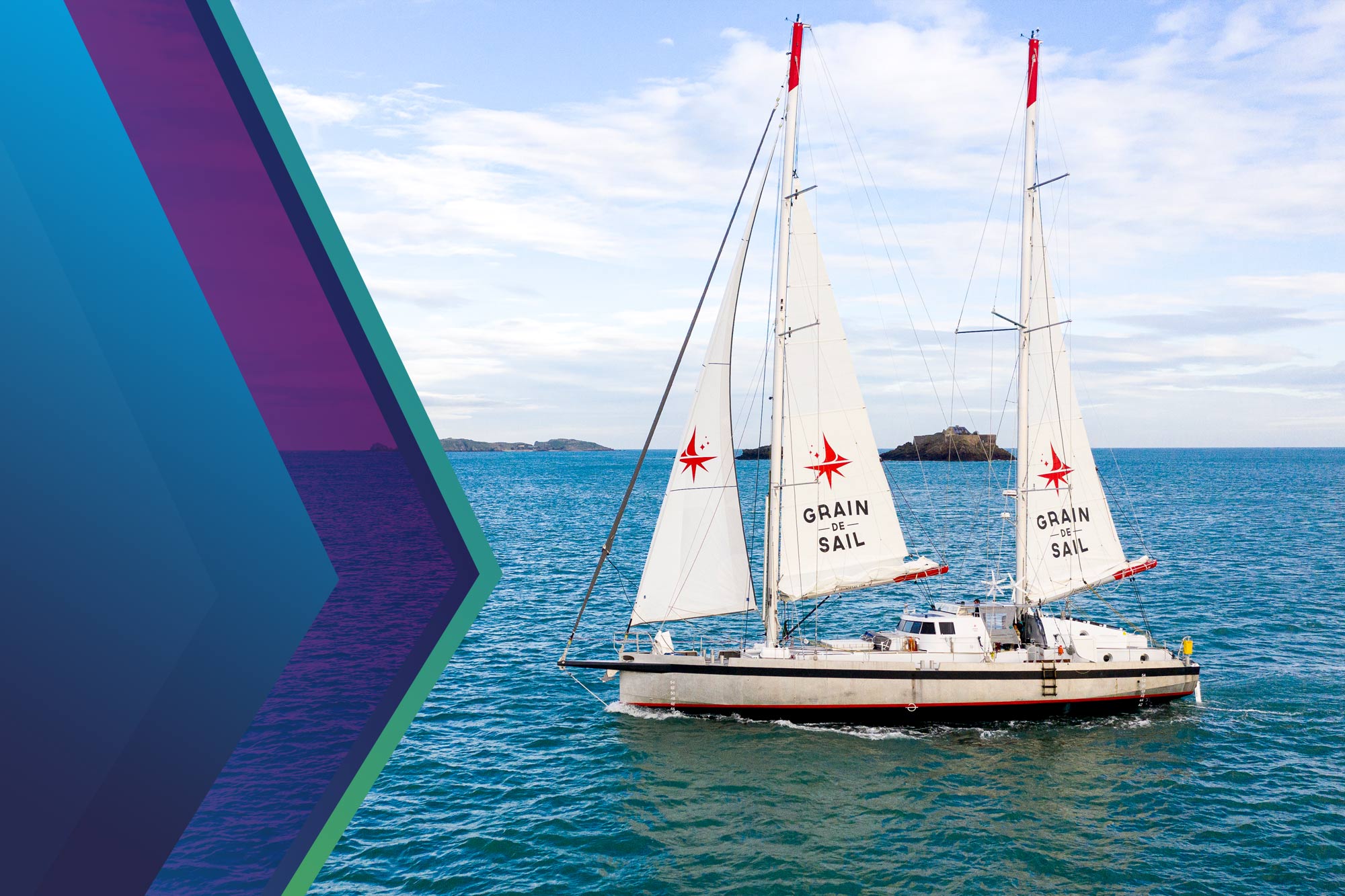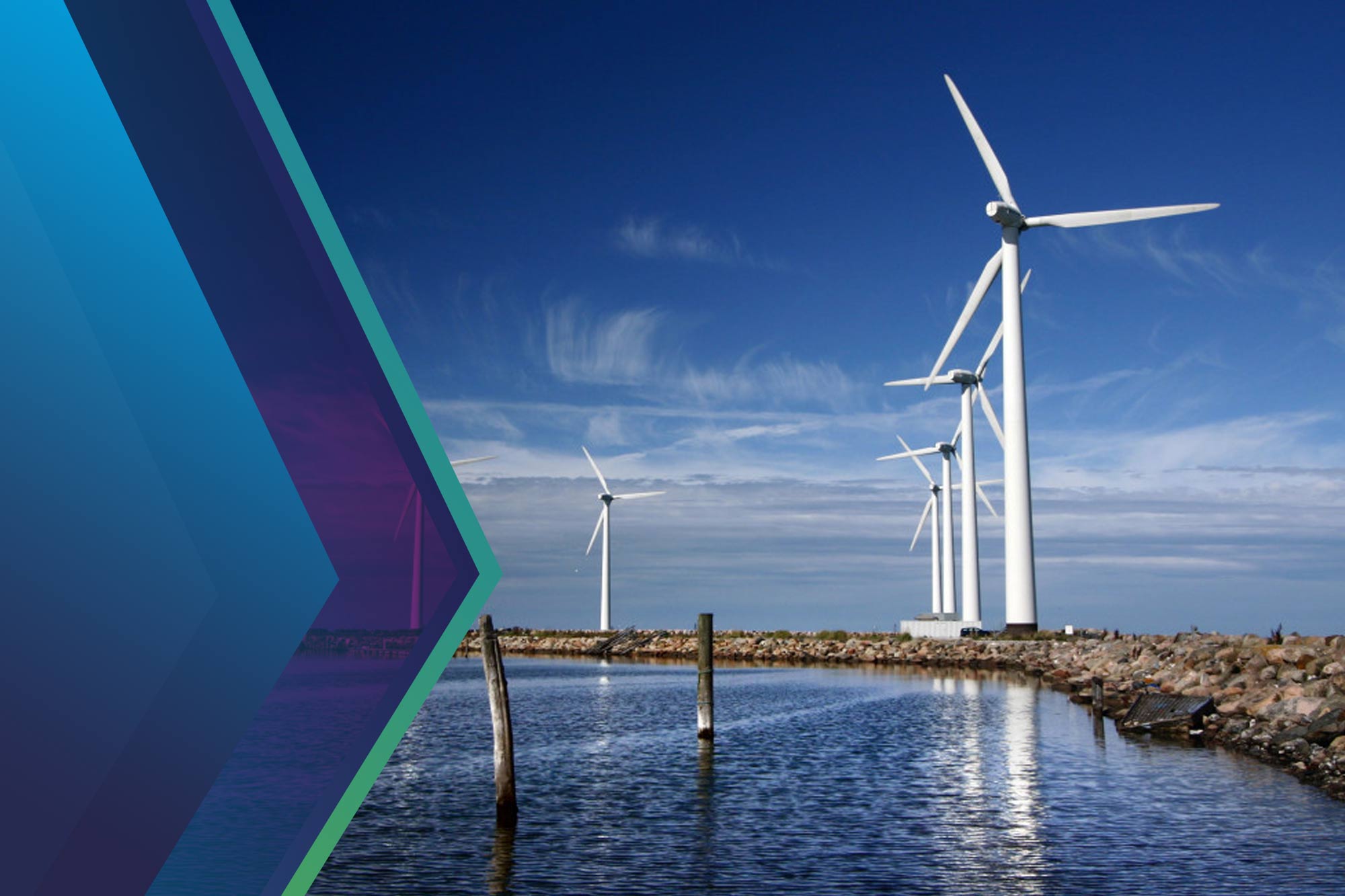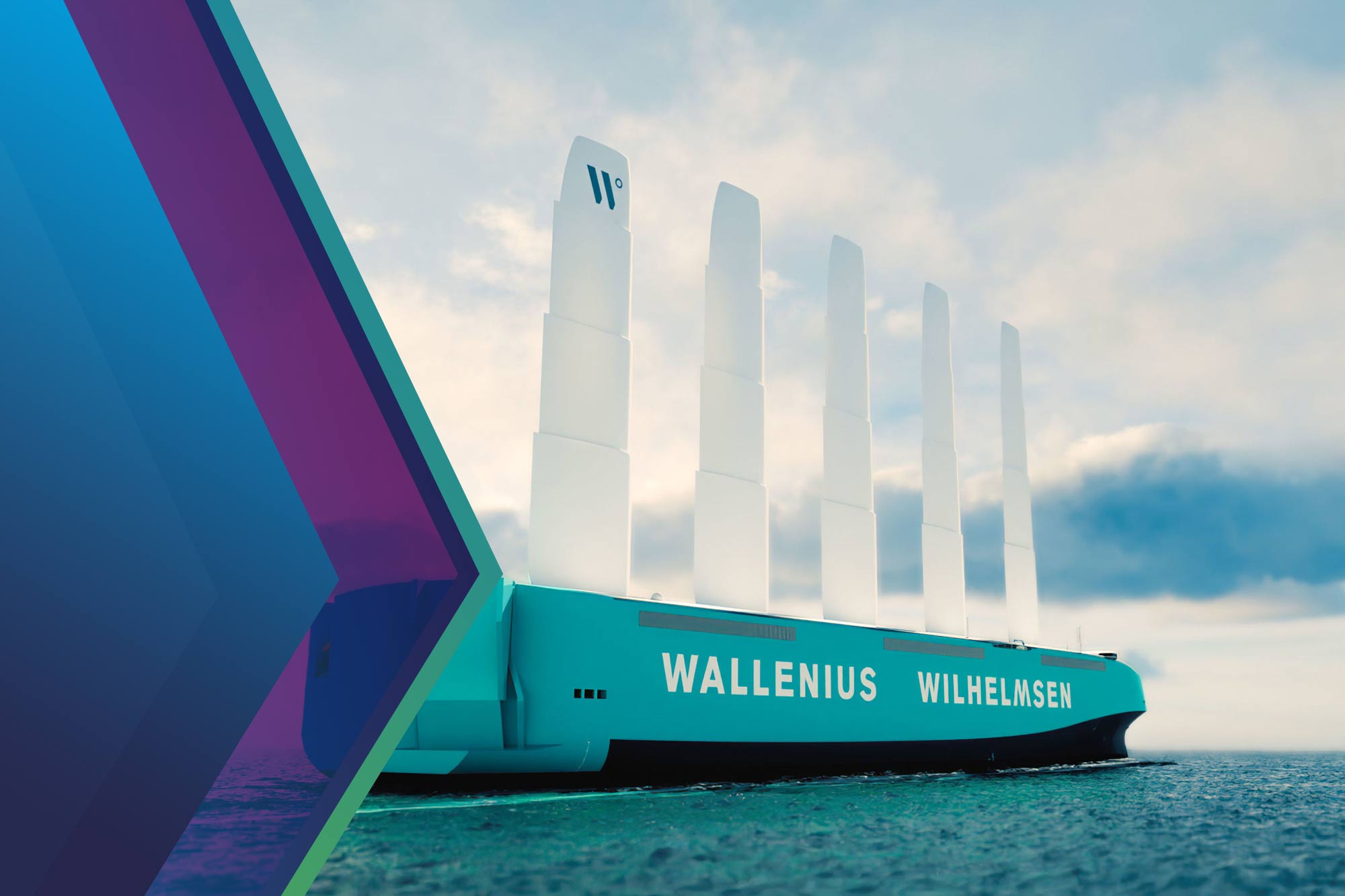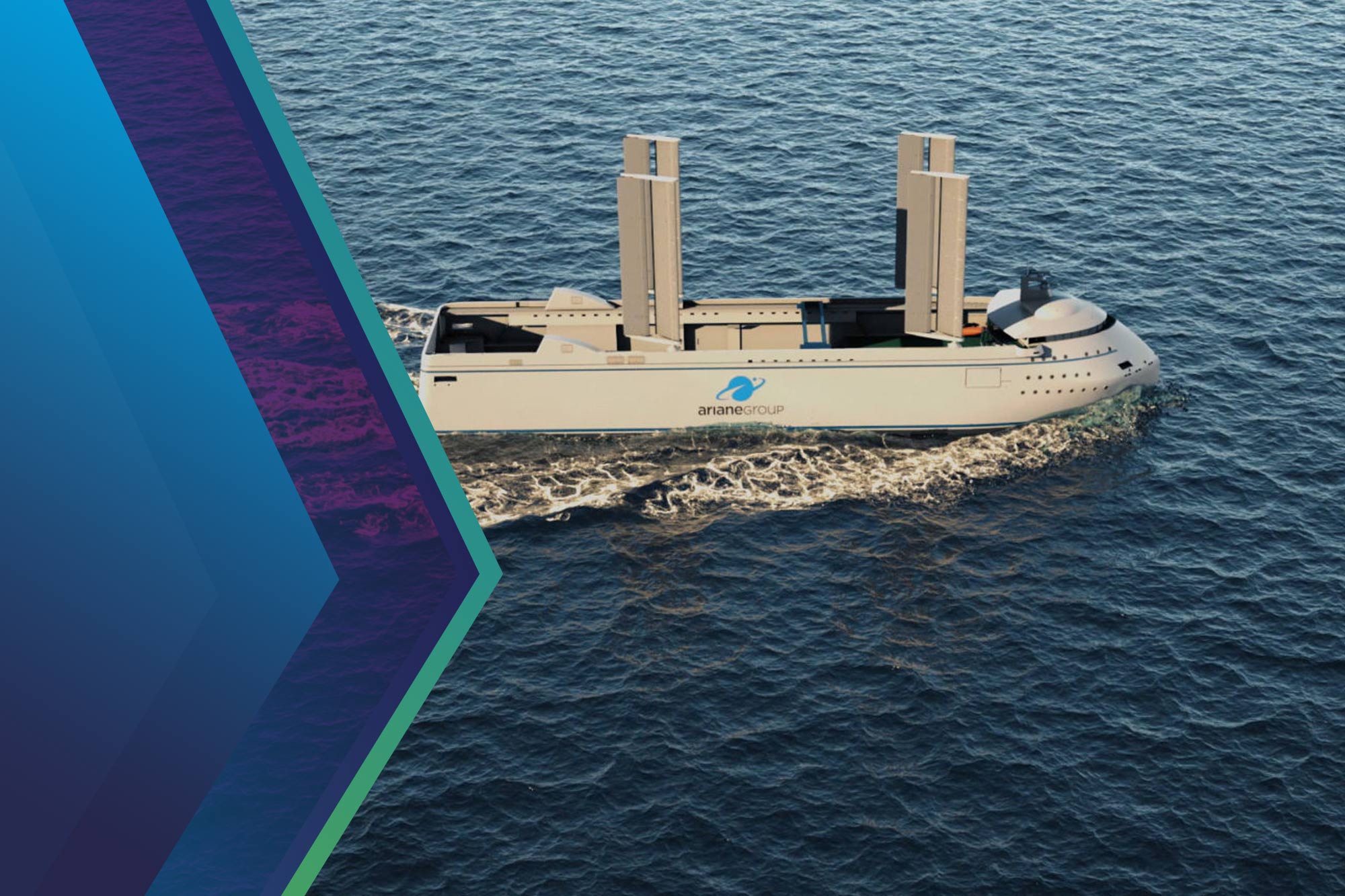This week we take a deep dive into the financing of maritime assets.
Our guest is Tony Foster, CEO of Marine Capital in London, a maritime asset manager that links institutional capital to the shipping market.
Through real-life examples of investment strategies, Tony describes the changing behavior of the pension & infrastructure funds who comprise his investors. He explains that nowadays they are primarily driven by concerns about sustainability.
“Those institutions increasingly make decisions based upon numerous environmental and other precepts which will have to be met for investments to be sanctioned.”
Tony also explains his recent choice to focus on offshore wind “LNG is increasingly challenging: the institutional investors thinks in a longer term perspective: while the debate rages about the future of LNG, naturally it becomes more difficult to place the investment”
We also touch upon the transition toward zero carbon shipping: “For deep sea shipping, there are no carbon neutral solutions available as we speak. That solution will come over a generation. There are clear directions but the ultimate choices have not been made. So the transition is currently about Energy Saving Devices, which can be added to existing technologies over the next decade or so, ranging from wind assist, digital technologies, air bubbles, new propellers… There is a pretty serious piece of technical work required on a ship by ship basis to understand how a certain target might be reached. “
But for Tony, the energy savings is facing a fundamental obstacle: “We have a split incentive problem in the shipping world: a tonnage provider, a typical ship owner that rents out his ship, doesn’t get rewarded for making energy savings improvements. So the improvement that he makes would be reflected in a higher rate which would directly reflect the value of the savings of fuel, but it won’t reflect the investment that he has to make in the technology. Charterers are happy to take the benefits of the cost savings, but they are not happy to pay a return on the extra investment.”
Tony also walks us through the market based measures, recently announced or to be expected: “At a global level, we are ultimately expecting a fuel tax. We think the solution to the gap between the cost of new technologies and the equity risk that goes into those technologies has to be bridged by a variety of means. Although there are administrative issues around the operation of that tax, the IMO is the obvious organ through which it could be administered. “
Last but not least, because ESG also includes Social and Governance, Tony calls for more transparency & collaboration in the industry.
“One of the key challenges for the attraction of new capital to the industry is its poor record on governance, what is missing is this virtuous circle of collaborative business dealings and transparency of operations.”

